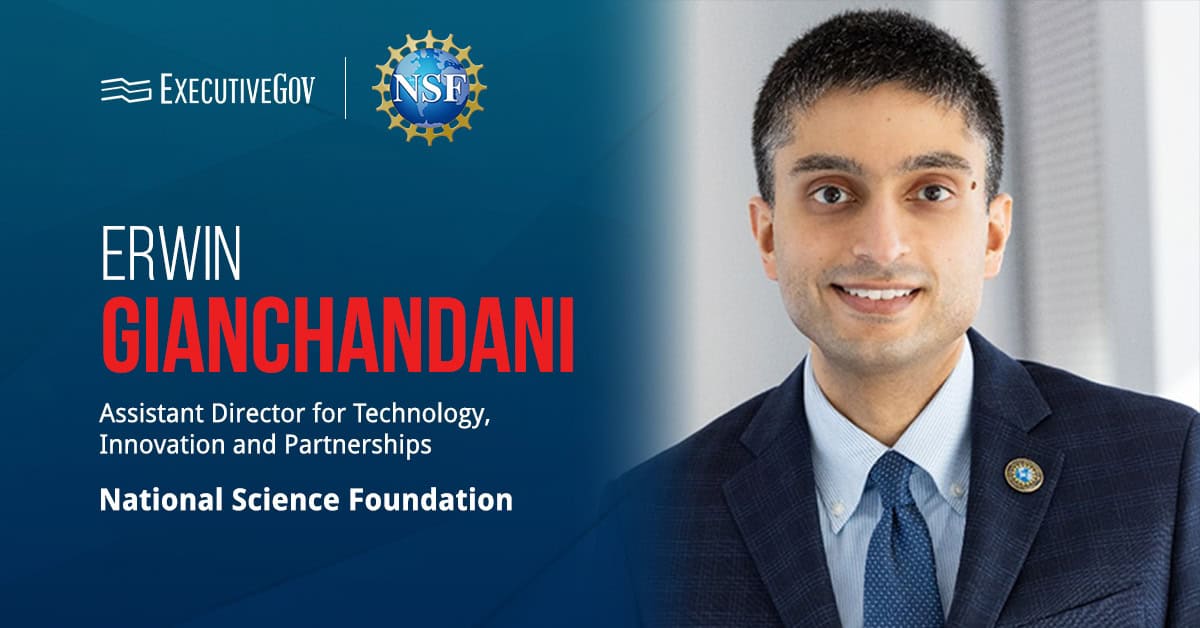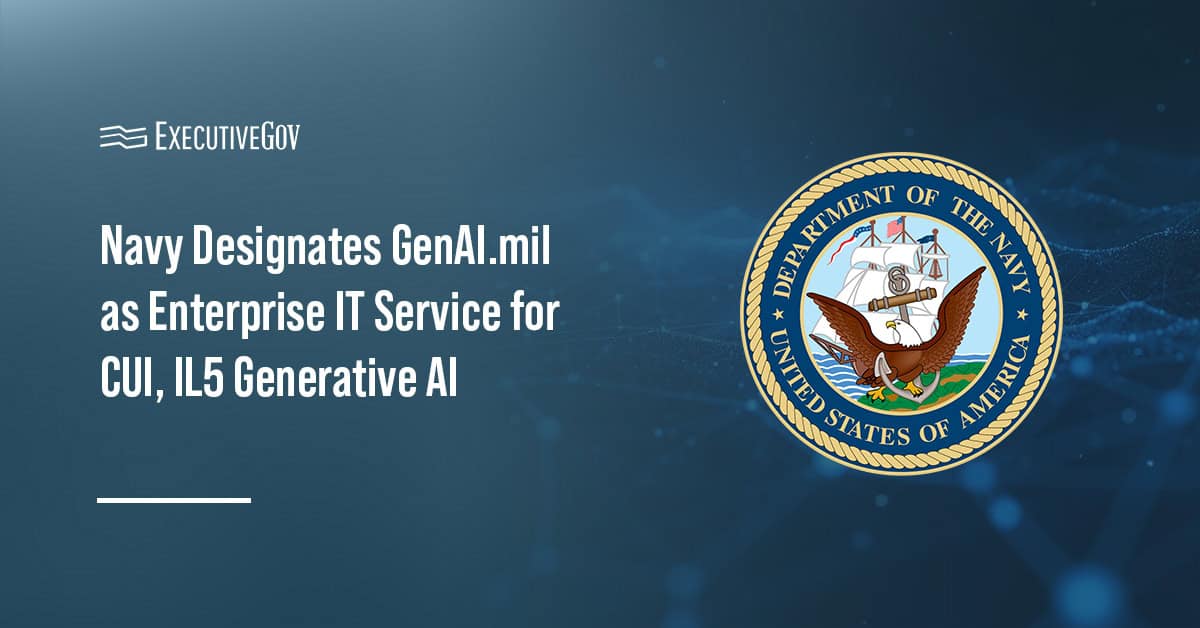The National Science Foundation has launched an initiative to invest up to $100 million in a national network of artificial intelligence-enabled programmable cloud laboratories as part of efforts to advance automated science and engineering and drive discoveries and innovation.
NSF said Tuesday the Directorate for Technology, Innovation and Partnerships, or TIP, will lead the NSF Test Bed: Toward a Network of Programmable Cloud Laboratories, or NSF PCL Test Bed.
“The idea of a national network of programmable cloud laboratories builds on NSF’s longstanding legacy of transformative investments — such as NSFNET decades ago — that paved the way for the modern internet,” said Erwin Gianchandani, NSF assistant director for TIP.
NSF Programmable Cloud Laboratories Initiative
The NSF PCL initiative will invest in a network of programmable cloud labs that can be accessed remotely to operate user-programmed AI-enabled workflows. The program will initially focus on biotechnology and materials science.
“The PCL initiative will transform how U.S. researchers conduct scientific experiments. It will accelerate scientific progress by advancing AI-enabled technologies that form the backbone of the automated science revolution. This is a crucial step toward addressing the growing need to generate and interpret large volumes of high-quality experimental data in biotechnology, materials science, chemistry and other laboratory sciences,” Gianchandani stated.
NSF TIP expects to make up to six awards to higher education institutions, nonprofit organizations and for-profit organizations. Each award could be worth up to $5 million per year for four years.
The initiative will also invest in training and education by offering participants access to advanced labs in classroom settings.
The PCL Test Bed seeks to facilitate access to advanced scientific equipment, accelerate translation of basic research into industry applications and support the development of automated laboratory methods, including self-driving autonomous experiment workflows.
Full proposals are due Nov. 20.





